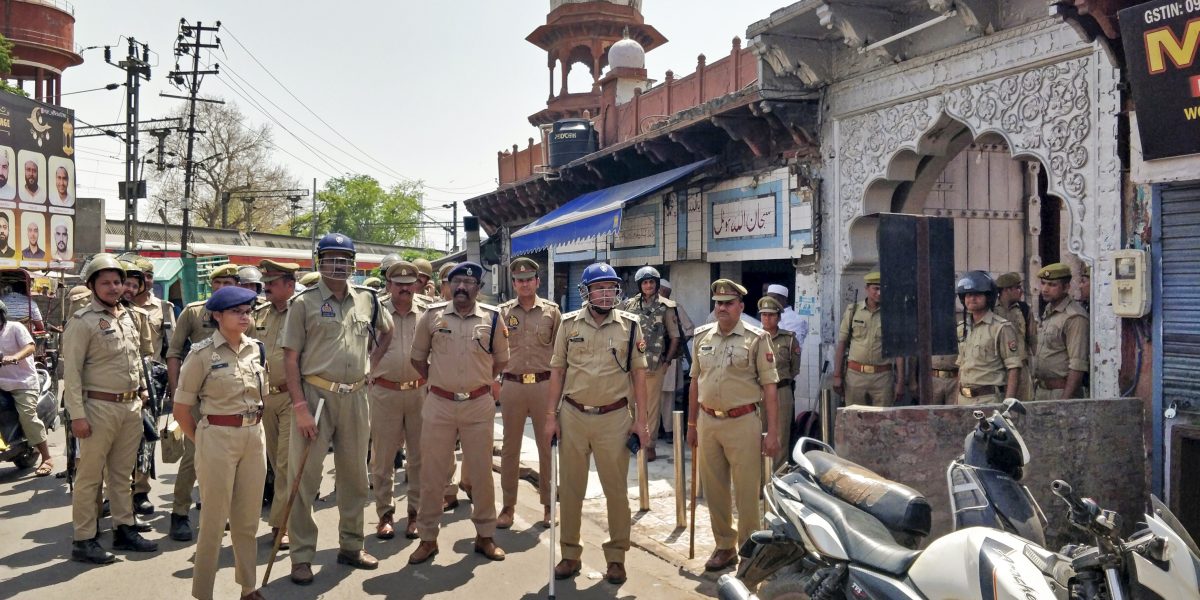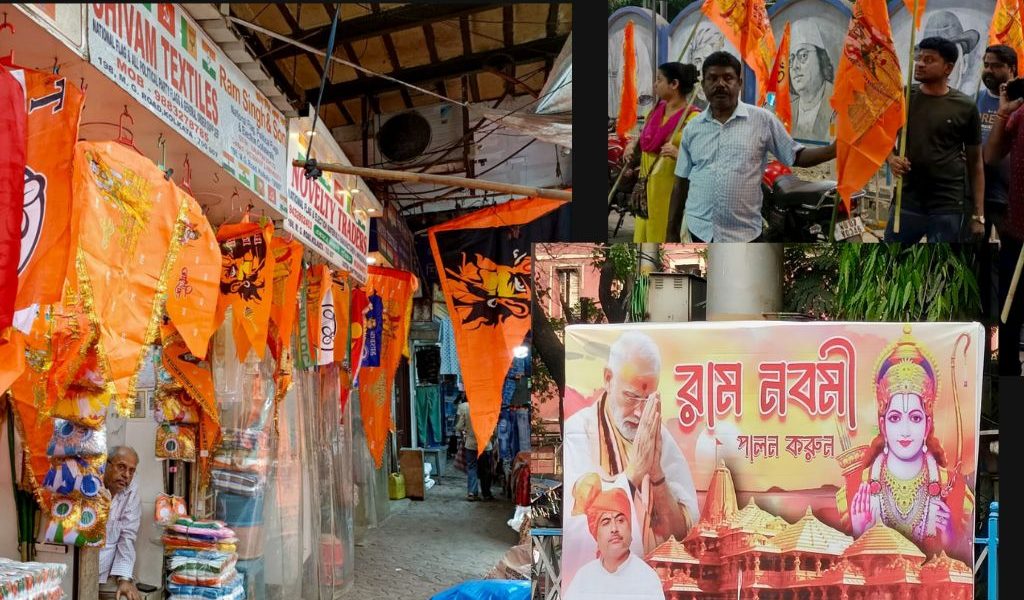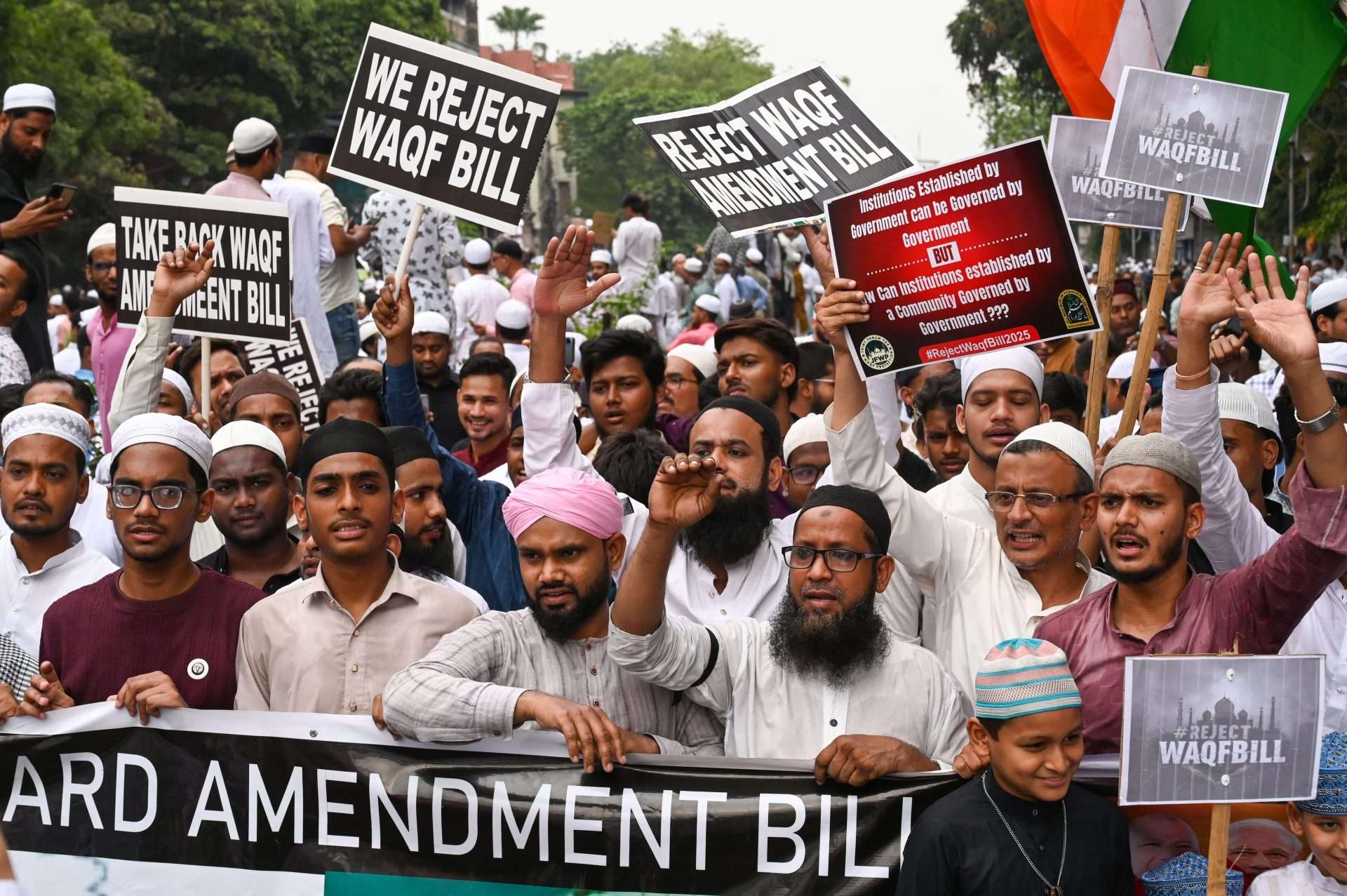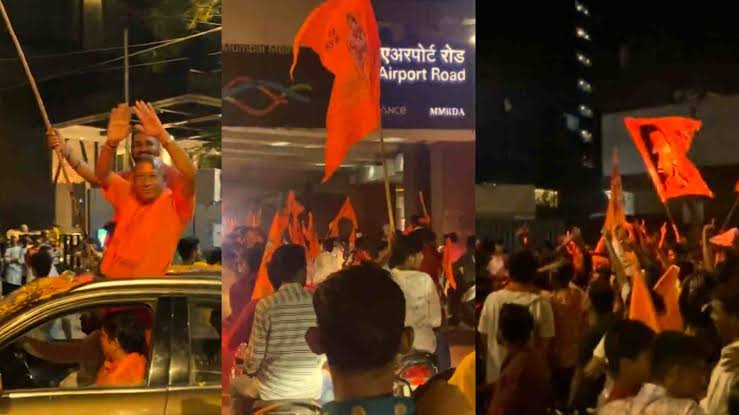The Indian PM may still be in a strong position; but incendiary, anti-Muslim rhetoric shows that all may not be going to plan

When Narendra Modi ran for prime minister for the first time in 2014, his overriding aim was to convince voters that he was a different man – no longer the chief minister of the western state of Gujarat, where, under his watch, more than 1,000 people were massacred in a communal pogrom in 2002. (A British government report found Modi “directly responsible” for not stopping the killing of Muslims; he has always denied culpability and was cleared of all charges by the supreme court.) Modi was going to be the man who would transform India by ushering in vikas, or economic development, for everyone.
His record as prime minister in the past decade belies that. Now the mask has fallen completely. In a recent campaign rally in Rajasthan, Modi made an exceptionally incendiary speech in which he claimed that his predecessor, Manmohan Singh, had declared that Muslims had “the first claim” to the nation’s resources. This was distortion and exaggeration. The reference was to a speech that Singh had made in 2006 about India’s development priorities.
Singh had identified agriculture, irrigation, water resources, health, education and critical investment in rural infrastructure as priorities, and added that marginalised communities – including women, children, Dalits and minorities, “particularly” the Muslim minority – should be “empowered to share equitably” in the fruits of development. By saying “particularly” the Muslims, he gave an opportunity to his critics to say that he was singling out Muslims for preferential treatment. In his next sentence, he did say that “they” must have first claim on resources. An uproar inevitably followed, and the prime minister’s office clarified that he meant that the first claim on resources referred to priority areas for all marginalised groups. But the damage was done, and the more facile interpretation gained ground.
Driven primarily by cynical electoral calculations, Modi’s speech aimed to scare voters into thinking that a Congress government would be after their wealth. Modi added that he would protect India’s “mothers and sisters” whose wealth was in danger, singling out the coveted mangalsutra (sacred necklace) that married women wear to indicate their marital status. Modi’s implication was that Congress would take it away and redistribute it to “infiltrators” and those who have more children – veiled references to Muslims. (A BJP spokesperson said “infiltrators” referred to foreigners, not Indian Muslims.)
This is not dog-whistle politics, its meaning is audible to all Indians. It feeds into Hindu fears and is intended to arouse Hindus: it was dangerous and blatantly divisive. After thousands of voters complained that Modi’s speech violated the code of conduct for elections, the Election Commission of India sought a response from JP Nadda, president of the ruling Bharatiya Janata party (BJP).
This story was originally published in theguardian.com. Read the full story here.






